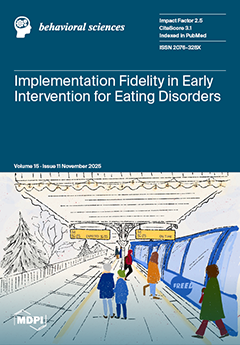Cybersexual victimization is a growing public health concern with severe psychosocial consequences, particularly for younger populations. Despite growing awareness of its prevalence, understanding how cybersexual victimization evolves across different demographic and regional contexts remains limited. The aim was to analyze sex- and age-specific temporal trends and projections of cybersexual victimization in Spain (2011–2022), disaggregated by sex, age group, autonomous community, and offense type, to identify where disparities emerge and persist (particularly from adolescence (<18) into midlife) while also examining gender and regional inequalities to provide evidence for prevention strategies that are both gender-sensitive and tailored to different developmental stages and territorial contexts. Spanish national police-reported data on seven cybersexual offenses (sexual abuse, sexual harassment, corruption of minors, grooming, exhibitionism, child sexual abuse images, and sexual provocation) from 2011 to 2022 were analyzed. Data were disaggregated by sex, age group, and regions. Mean rates per 100,000 inhabitants were calculated, independent-sample
t-tests assessed sex differences, and linear regression models projected trends to 2035 for each age-sex group. Between 2011 and 2022, cybersexual crimes in Spain increased across most offense types, with grooming, child sexual abuse images, and contact offenses showing the steepest upward trends (all
p < 0.001). Women consistently presented higher mean victimization rates than men in most offense types and age groups. Among those under 18, mean grooming rates were 2.55 for females versus 0.95 per 100,000 for males (
p < 0.001), with significant differences also in corruption of minors (
p < 0.01). In young adulthood (18–25 years), women showed higher rates in sexual harassment (
p < 0.001) and sexual abuse (
p < 0.01), while, in midlife (26–40 and 41–50 years), female predominance persisted for sexual harassment, sexual abuse, and sexual provocation (all
p < 0.05). Projections to 2035 indicate that sex gaps will remain or widen, particularly among females under 18 and in the 26–40 age group. The Balearic, Canary Islands, and Andalusia regions recorded the highest mean rates, whereas Galicia and Castilla-La Mancha reported the lowest. Cybersexual victimization in Spain disproportionately affects females from adolescence into midlife, with the most considerable disparities emerging before age 18 and persisting into adulthood. The combination of rapid offense growth, persistent sex-based disparities, and marked regional inequalities underscores the urgent need for gender-sensitive, developmentally targeted prevention strategies that address both early vulnerability and the reinforcement of risk in adult digital environments.
Full article






